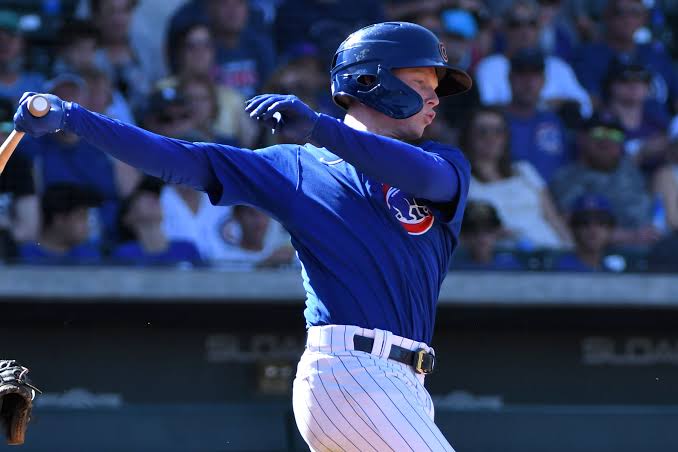A Risky Trade With Lasting Consequences
The price of chasing a championship isn’t always paid immediately—it can come due years later. The New York Mets, in their push for playoff success, made a bold move in July 2021 that seemed reasonable at the time but now looks like a costly miscalculation.
Then-general manager Zack Scott, aiming to strengthen the roster, orchestrated a trade with the Chicago Cubs. In return for infielder Javier Báez and pitcher Trevor Williams, the Mets sent away a promising young outfielder—Pete Crow-Armstrong. At the time, the decision had some logic behind it. Báez brought energy and production, while Crow-Armstrong was still recovering from a shoulder injury.
Despite Báez putting up a solid 141 wRC+ after the trade, the Mets stumbled in the second half, ultimately finishing third in the NL East with a 77-85 record. Their playoff hopes faded, and Báez, a rental, left in free agency.
Crow-Armstrong’s Rapid Rise to Stardom
While the Mets’ short-term gamble failed to pay off, the Cubs were quietly cultivating a defensive star. Crow-Armstrong has since emerged as one of baseball’s premier prospects, ranked as high as 12th by MLB Pipeline.
His elite defensive ability is what sets him apart. He earned an 80 grade on the 20-80 scouting scale for defense—an extremely rare distinction. His first full MLB season in 2024 only reinforced his potential. He ranked in the 99th percentile for Fielding Run Value, swiped 27 bases, and flashed power at the plate with double-digit home runs.
A Perfect Fit for Today’s Mets—If Only They Had Him
Since hiring David Stearns as President of Baseball Operations, the Mets have emphasized defense, particularly in center field. Brandon Nimmo was moved to left field in 2024, and the team brought in defensive standouts like Harrison Bader, Tyrone Taylor, and, more recently, Jose Siri.
Ironically, Crow-Armstrong would be an ideal fit in this Mets philosophy. As an elite defender and a left-handed hitter, he would have been the perfect long-term solution in center field. Instead, the Mets are left piecing together alternatives while watching a homegrown talent thrive elsewhere.
2025: The Year of Regret
At just 22 years old, Crow-Armstrong has the potential to elevate his offensive game further, making him a true two-way threat. As he continues to develop, 2025 could be the season when the Mets truly feel the sting of their 2021 trade.
Hindsight is always 20/20, but this deal is shaping up to be a classic example of a short-term gamble turning into long-term regret.
